Choosing the right bed is essential when it comes to providing comfort and care for your patients or guests. For those in the hospitality or healthcare industry, the decision between a hospital bed and a twin bed is an important one to consider. This article aims to explore the features, benefits, and drawbacks of hospital beds compared to twin beds, helping you make an informed choice for your business. 1. Design and Functionality: Hospital beds are specifically designed to cater to the needs of patients with medical conditions or limited mobility. They offer adjustable features, such as height, head, and foot positioning, making it easier for caretakers to attend to patients. On the other hand, twin beds are more commonly found in hotels, dormitories, and guesthouses, providing a comfortable yet standard sleeping space for a single individual. 2. Comfort and Support: Hospital beds prioritize functionality and practicality over luxurious comfort.
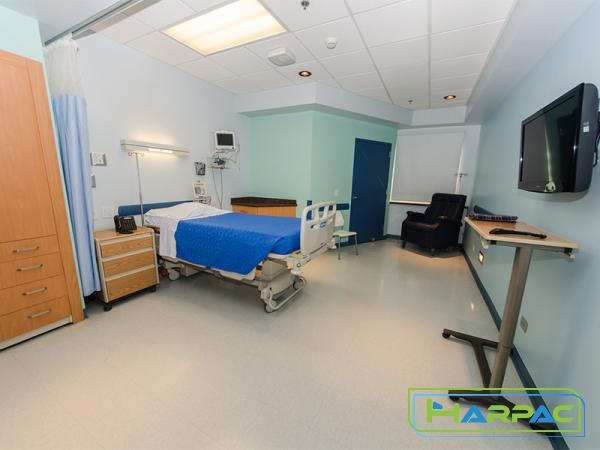
.
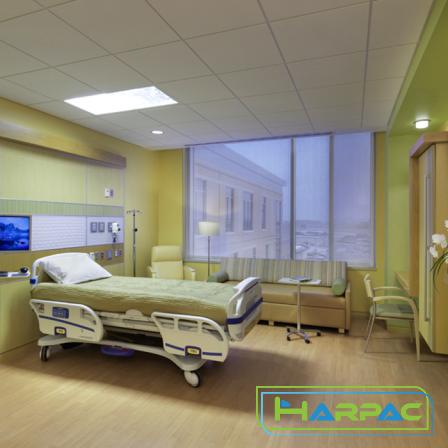 They are engineered to provide support for those confined to bed for extended periods, including patients recovering from surgeries or with physical restrictions. Hospital beds often come with pressure redistribution mattresses, which help minimize the risk of bedsores. In contrast, twin beds are designed to offer a comfortable sleeping experience, focusing on cushioning and a supportive sleeping surface. 3. Safety Features: Hospital beds come equipped with safety features not found in twin beds. These features include siderails, which can be raised or lowered to prevent accidental falls and provide support while getting in and out of bed. Hospital beds also have locking mechanisms to secure the bed in place, preventing any unwanted movement. In comparison, twin beds lack these safety features, making them more suitable for individuals who do not require any special care or assistance.
They are engineered to provide support for those confined to bed for extended periods, including patients recovering from surgeries or with physical restrictions. Hospital beds often come with pressure redistribution mattresses, which help minimize the risk of bedsores. In contrast, twin beds are designed to offer a comfortable sleeping experience, focusing on cushioning and a supportive sleeping surface. 3. Safety Features: Hospital beds come equipped with safety features not found in twin beds. These features include siderails, which can be raised or lowered to prevent accidental falls and provide support while getting in and out of bed. Hospital beds also have locking mechanisms to secure the bed in place, preventing any unwanted movement. In comparison, twin beds lack these safety features, making them more suitable for individuals who do not require any special care or assistance.
..
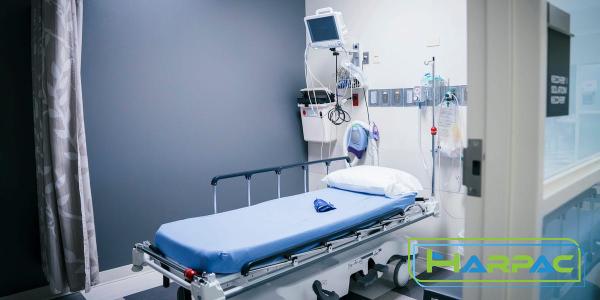 4. Durability and Maintenance: Hospital beds are built to endure the demands of a healthcare setting and are often made from sturdy materials to withstand heavy use and frequent adjustments. They are designed for easy cleaning and disinfection to maintain hygiene standards. While twin beds are also durable, they may not be as resilient as hospital beds when it comes to long-term wear and tear. However, they are generally easier to maintain and clean, requiring less specialized care. 5. Cost Considerations: Hospital beds are more expensive than twin beds. The added functionality, adjustability, and safety features contribute to the higher price point. Additionally, hospital beds often require specialized maintenance, repair, and replacement parts, which can further increase costs. Twin beds, on the other hand, are more cost-effective and readily available, making them a popular choice for businesses with budget limitations.
4. Durability and Maintenance: Hospital beds are built to endure the demands of a healthcare setting and are often made from sturdy materials to withstand heavy use and frequent adjustments. They are designed for easy cleaning and disinfection to maintain hygiene standards. While twin beds are also durable, they may not be as resilient as hospital beds when it comes to long-term wear and tear. However, they are generally easier to maintain and clean, requiring less specialized care. 5. Cost Considerations: Hospital beds are more expensive than twin beds. The added functionality, adjustability, and safety features contribute to the higher price point. Additionally, hospital beds often require specialized maintenance, repair, and replacement parts, which can further increase costs. Twin beds, on the other hand, are more cost-effective and readily available, making them a popular choice for businesses with budget limitations.
…
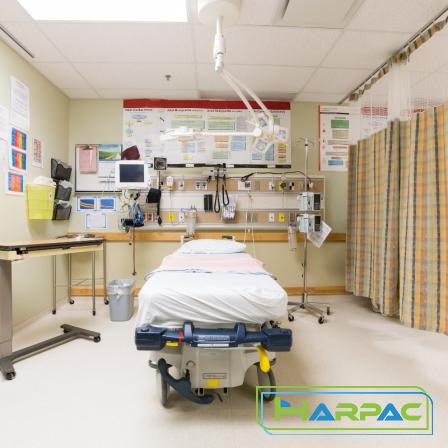 Conclusion: Choosing between a hospital bed and a twin bed ultimately depends on the nature of your business and the specific requirements of your clientele. If your establishment caters to individuals needing specialized care and assistance, such as hospitals or nursing homes, investing in hospital beds may be the optimal choice. However, if you are managing a hotel, guesthouse, or dormitory, where regular comfort and convenience take precedence, twin beds are likely to be the more suitable option. Carefully evaluate the needs and preferences of your guests or patients before making a decision, as their comfort and satisfaction should be the foremost consideration in your business planning.
Conclusion: Choosing between a hospital bed and a twin bed ultimately depends on the nature of your business and the specific requirements of your clientele. If your establishment caters to individuals needing specialized care and assistance, such as hospitals or nursing homes, investing in hospital beds may be the optimal choice. However, if you are managing a hotel, guesthouse, or dormitory, where regular comfort and convenience take precedence, twin beds are likely to be the more suitable option. Carefully evaluate the needs and preferences of your guests or patients before making a decision, as their comfort and satisfaction should be the foremost consideration in your business planning.
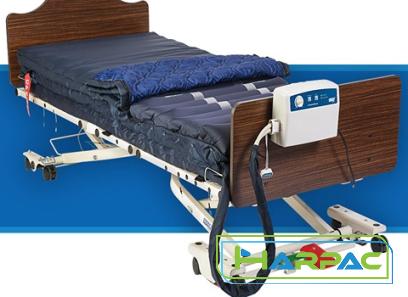
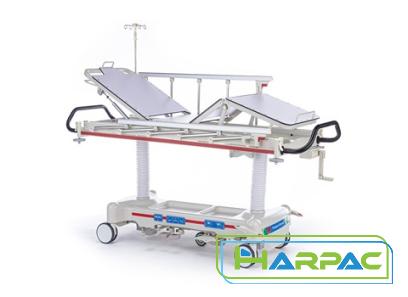
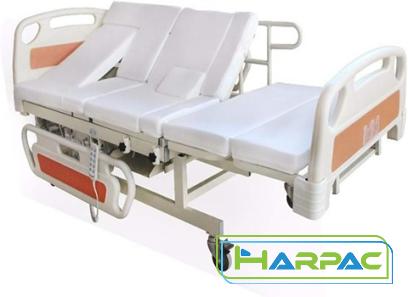
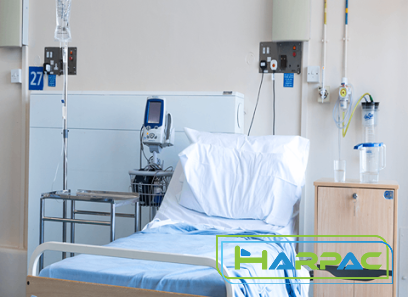
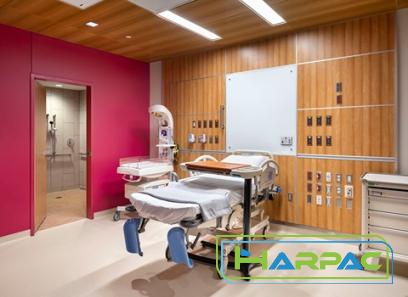
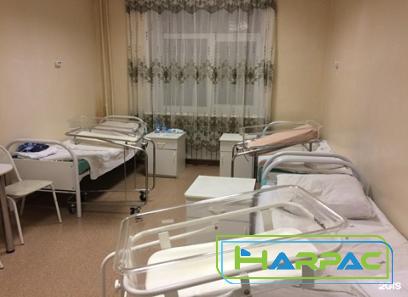
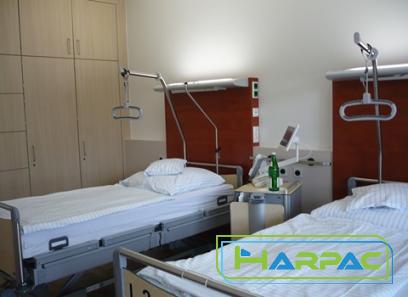
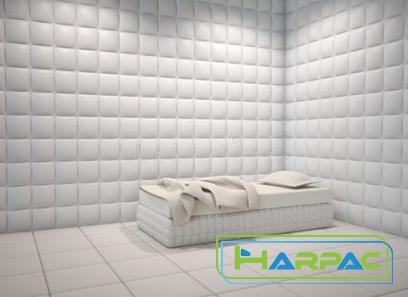
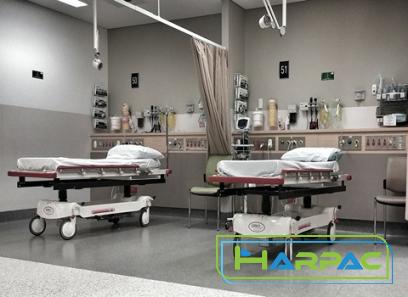
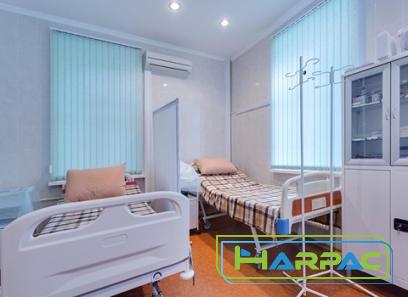
Your comment submitted.